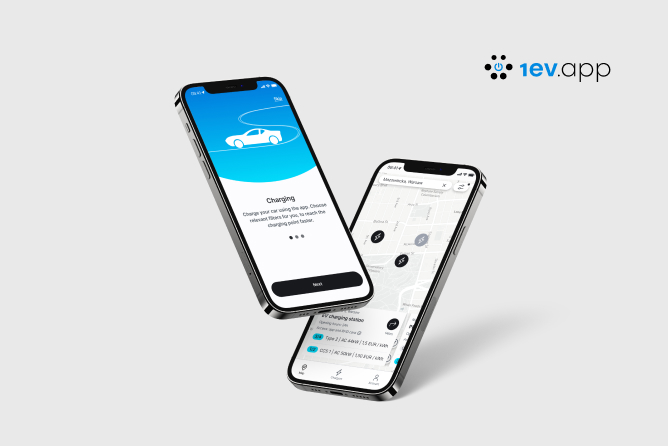In the world of computer programming, Java holds a prominent position owing to its versatility and wide range of applications. Whether you are a beginner or an experienced developer, Java offers numerous benefits that make it an ideal choice for various tasks. In this blog post, we will explore what Java is, its core features, and the domains where it is extensively used.

What is Java?
Java is a general-purpose, object-oriented programming language originally developed by James Gosling and his team at Sun Microsystems (now owned by Oracle Corporation) in the mid-1990s. It is designed to be platform-independent, meaning that Java programs can run on any system with a Java Virtual Machine (JVM) installed, regardless of the operating system.
Key features of Java
Platform independence
One of the most significant advantages of Java is its write once, run anywhere (WORA) capability. This means a Java program can be developed on one platform (e.g., Windows) and executed on another platform (e.g., Linux or macOS) without any modifications, thanks to the JVM.
Object-oriented approach
Java follows the object-oriented programming (OOP) paradigm, which promotes the use of objects to represent and manipulate data. This approach enhances code reusability, modularity, and maintainability.
Garbage collection
Java includes automatic memory management through a garbage collector. It relieves the developers from the burden of explicit memory deallocation, making it less prone to memory leaks and other memory-related issues.
Rich standard library
Java provides an extensive standard library, known as the Java Class Library (JCL). It offers a wide variety of pre-built classes and methods for common programming tasks, such as file handling, networking, GUI development, and more. This library saves developers time and effort by reducing the need to reinvent the wheel.
Applications of Java
Java's versatility and flexibility have resulted in its widespread adoption across various domains. Here are some key areas where Java is commonly used:
Enterprise applications
Java is highly popular for building large-scale enterprise applications. Its robustness, scalability, and availability of powerful frameworks such as Spring and Hibernate make it an excellent choice for developing business applications, server-side software, and web services.
Android development
Java serves as the primary programming language for Android app development. With the Android Software Development Kit (SDK) and the Java-based Android API, developers can create feature-rich mobile applications that run on a vast range of devices.
Web Development
Java offers several frameworks and technologies for web development, including JavaServer Pages (JSP), JavaServer Faces (JSF), and Java Servlets. These tools enable developers to build dynamic and interactive web applications.
Scientific and Big Data Analysis
Java provides libraries and frameworks like Apache Spark and Apache Hadoop that are used extensively in scientific research and big data analysis. These tools allow researchers to process large volumes of data efficiently.
Internet of Things (IoT)
Java is a common choice for developing applications in the IoT domain due to its compatibility, security features, and cross-platform strengths. It enables seamless integration between different IoT devices and platforms.







.jpg)


.jpg)

.jpg)


.jpg)
.jpg)

.jpg)
.jpg)

.jpg)

.jpg)
.jpg)
.jpg)

.jpg)
.webp)

.webp)


.jpg)









.webp)


.webp)





























.webp)





.webp)



.webp)


.webp)



.webp)













